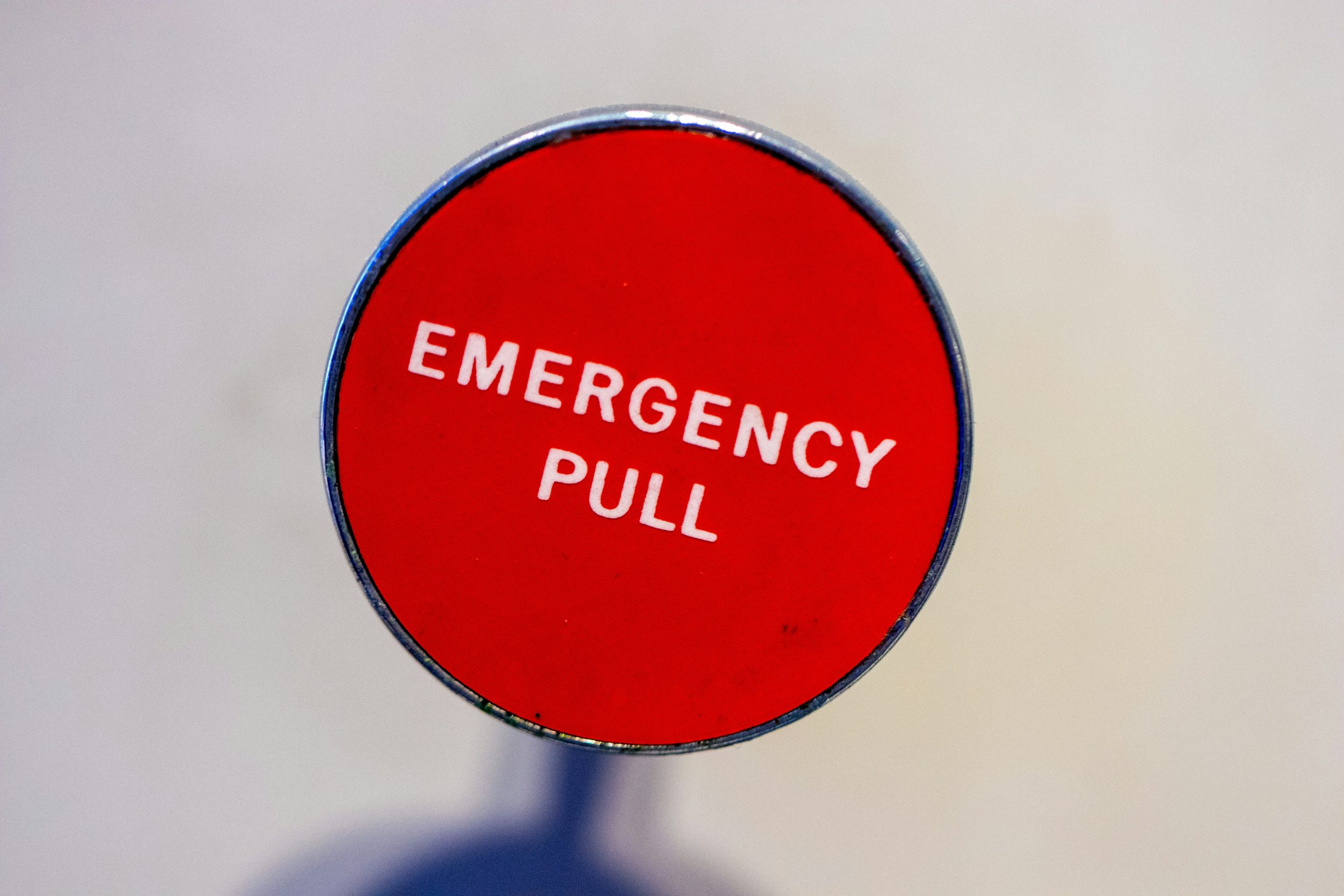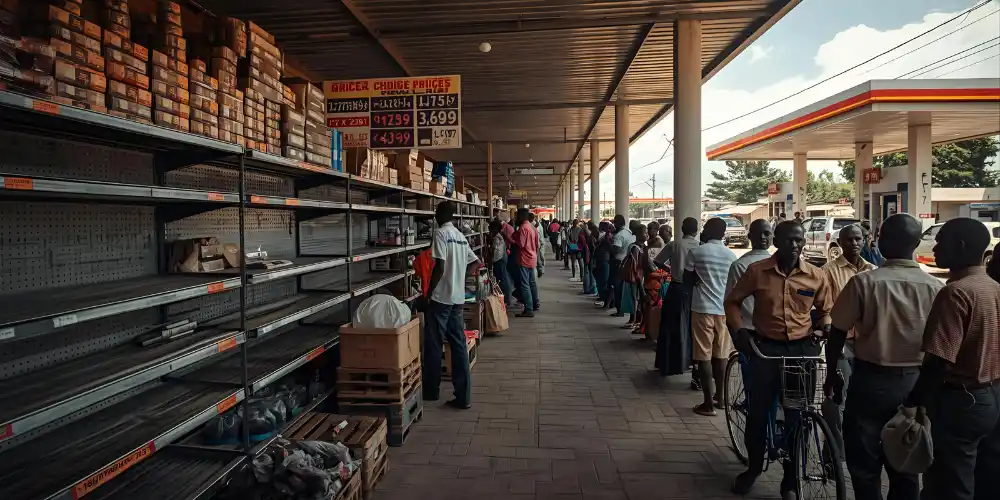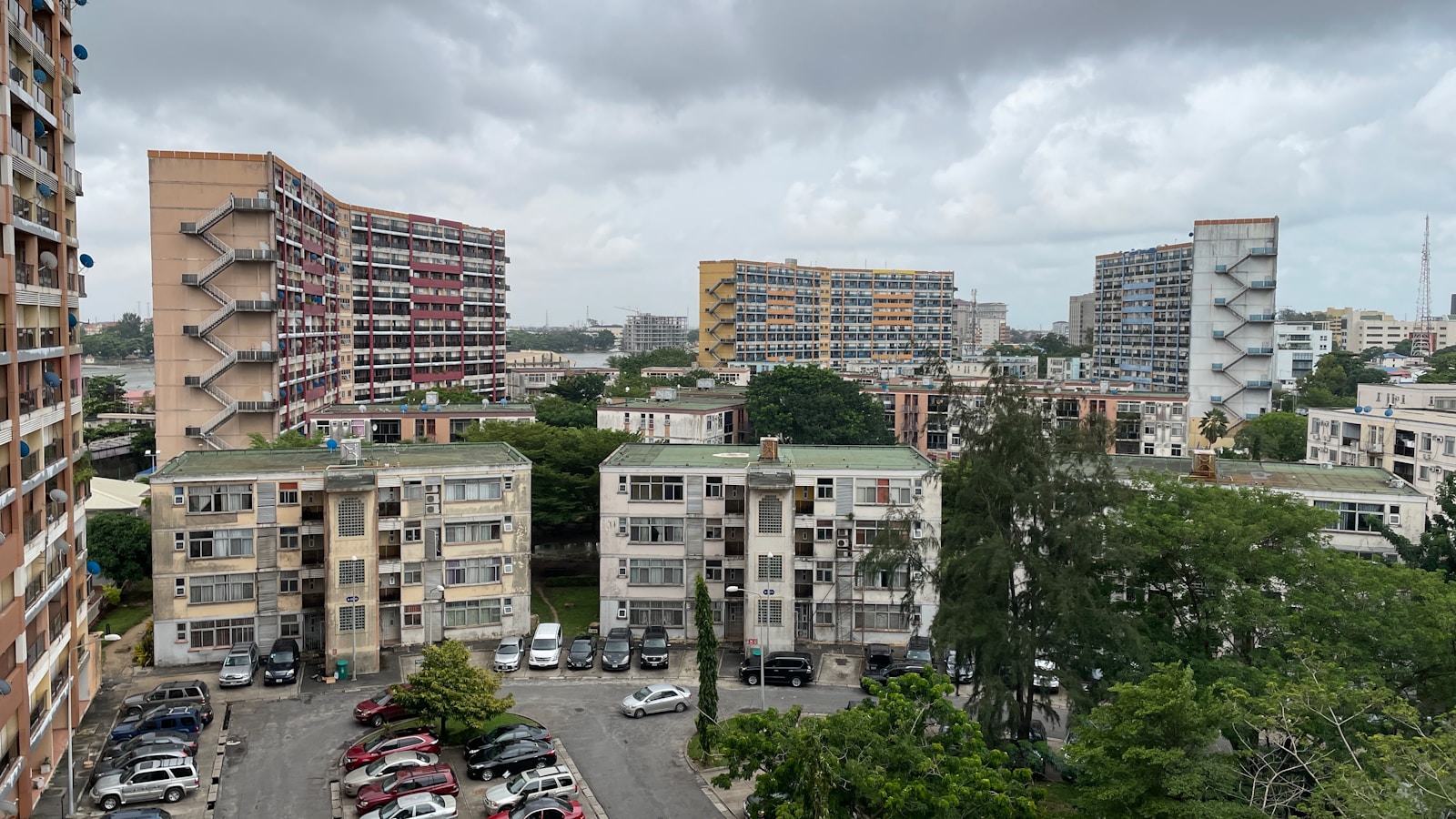In the heart of Sudan’s ongoing war, a powerful grassroots movement has taken shape led not by institutions or armies, but by women. What began as urgent humanitarian responses in the wake of conflict has evolved into a deeply rooted civic initiative: Women’s Emergency Response Rooms (WRRs). These rooms have become lifelines for communities and bold expressions of democratic action in the face of state collapse and violence.
Emerging from the revolutionary groundwork laid by the Resistance Committees during the 2018 uprising, the WRRs represent a vital extension of Sudan’s feminist struggle for inclusion, safety, and sovereignty. At their core, these spaces fuse political activism with community care offering everything from medical treatment and food distribution to psychological support and economic empowerment.
From Protest to Protection
Initially formed in response to the military coup of 2021 and intensified by the outbreak of war in April 2023, Sudan’s Emergency Response Rooms transitioned from organizing street protests to delivering lifesaving aid. In parallel, WRRs sprang up across Khartoum and other war-torn areas, swiftly mobilizing networks of women who had previously fought for political visibility.
In these community-based hubs, female volunteers worked relentlessly to support survivors of sexual violence, provide health supplies, organize evacuations, and coordinate with medical professionals. Their rapid and localized responses often outpaced formal institutions, operating with limited resources but immense resolve.
Care as Civic Action
Beyond their humanitarian role, WRRs symbolize a new kind of political engagement. They demonstrate that care often dismissed as domestic or apolitical can be a revolutionary act. Organizing dignity kits from local markets, building safe spaces in conservative areas, and establishing cooperatives for women are not just services, but acts of collective defiance against patriarchal and militarized systems.
One volunteer described how informal women’s gatherings transformed into structured cooperatives producing soap, bread, and essential goods empowering women economically while fostering solidarity. Others provided safe psychological spaces, where healing occurred through storytelling, shared skills, and group resilience.
Challenges of Representation
Despite their crucial work, WRRs face significant marginalization. Many are excluded from formal decision-making bodies like the Localization Coordination Council (LCC), which governs much of Sudan’s emergency aid. As a result, these women-led initiatives receive a fraction of available resources, even as they serve thousands.
This systemic exclusion reflects broader gender disparities that predate the conflict but have been magnified by it. Without formal representation, the specific needs of women particularly regarding sexual violence, reproductive health, and mental well-being remain dangerously underfunded.
Reimagining Resistance
For many of Sudan’s revolutionary women, the emergency rooms are more than temporary solutions they are the foundation for a redefined civic future. These spaces embody a radical vision where care, democracy, and justice are inseparable. They do not merely fill the void left by a failing state; they challenge the very structures that perpetuate violence and exclusion.
Conclusion
In wartime Sudan, Women’s Emergency Response Rooms are writing a new chapter of civic politics one built on compassion, collaboration, and courage. They stand as living proof that even in the darkest moments, grassroots resistance can flourish, community care can transform into political power, and women can lead the way toward a more democratic and inclusive society.
for more news : africaciviclens.com




